The Collective Abundance of Denver
April 16, 2024
time
Min read time

What is it that an artist is trying to tell you through their work, a painting or performance, music, a dance, the deeper meanings held within any given piece? As a writer, filmmaker, and photographer, I ask myself many of the same questions of my work: What am I trying to say?
Who am I listening to as I create? What is the dialogue that lives within a creative work, the call and response of two voices that made this piece possible? Most importantly, who is being heard through my work?
Back in the early 2000s at film school in New York, I took classes with Sam Pollard, the editor who made Spike Lee’s films really sing, come to life, and documentary filmmaker, George Stoney, who sought to democratize filmmaking by giving space to voices that were often overlooked and unheard. Both of them had wholly unique perspectives they were trying to capture in their work but shared a similar philosophical approach to film, community, and creativity. They encouraged curiosity when approaching people and communities; they wanted us to make sure we were asking more than just good questions, but had we listened enough to people, to the community, to ask the right questions? Did our work have anything important to say about the world around us?
Over the years, all of these questions about the nature of allowing people to be seen have helped define and refine my artistic process. For me, the most important aspect of creating – and a quintessential part of the human experience – is listening. Listening is a sacred act, an act of decentering ourselves, allowing room for another’s truth to be focused on. It’s the most important thing we can do as an artist, engage with the world around us, absorb, hear and observe, and share.
Listening gives communities autonomy to speak for themselves, to invite you in on their terms, and to capture the breadth of their experiences. It amplifies voices that are often unheard because of the distractions of this world, because of the ways that colonization erases identity, erases communities, and erases the humanity of people. In listening, we make infinite space for the diverse voices within any community. In listening, we subvert the old saying of “giving a voice to the voiceless”; we allow them to tell us about themselves, give space to their vastness, to the worlds they would reveal to you. We are giving them space to share freely, to be seen, heard, uplifted, and reflected.
Listen and you’ll learn a whole language from a community, the way that they see and speak and interact with one another, how they love things that only they know about one another. If you are lucky, a community will share with you who they are; if you’re lucky, you’ll be fully Invited into the depths of their community.
I’ve spent my whole life listening to Denver. Denver is at the heart of what I create, celebrate, and elevate through my work. These are the things that I have heard because I’ve stopped and allowed my curiosity to take me on unexpected journeys throughout the city.
My Denver has heart, a fighting spirit, a fiery passion, and an eclectic energy that is waiting to be unleashed, get out, be seen, heard. It is both subdued, quiet, slow, reverential, and bursting from the seams, full of joy and sorrows. It’s full of generational old-timers, newcomers, stories upon stories upon stories. It’s a city teeming with dancers, musicians, visual artists, filmmakers, writers, and photographers, filled with stories; tales that will be shared with you in sanctified spaces, you’ll hear them if you just close your ears and listen.

You’ll find us nearly everywhere you go, from up-and-coming to established, from someone who simply refers to themselves as a dabbler in the arts to a full-fledged artist; our work hangs in traditional galleries and spaces like Cleo Parker Robinson Dance, Latino Cultural Arts Center, Museo de Las Americas, Leon, Understudy; our work sits atop tabletops, in store shops and pop-ups; our work hangs across overpasses and viaducts and our works are projected on buildings. Artists are hustling throughout the city, weaving together the fabric of our communities with their hands, voices, and words, asking you to stop and listen.
My Denver is more than people and buildings, more than simply land and dirt, open skies and streets, flowers and trees, animals, the monuments that we can identify from memory; like a good band, it’s more than just the summation of all its parts; it’s histories of who and what used to be here, it’s the stories, tall tales, larger than life, laughter and pleasure, pain, catharsis, and hurt; it’s a living, breathing, beating entity, brought to life by the vast artistic expressions that exist within it. Slow yourself down for a minute, open your ears, and you can hear them, sharing profound truths and ways that you can’t yet quite understand the world. It’s complex identities, tales to be told, and futures to be imagined.
My Denver is a greenhouse, warm enough to give light and love to those looking to thrive abundantly. The artificial space that often distances artists in metropolitan places doesn’t exist here; people are willing to show up and support you, willing to take a chance on you, if you’re willing to take a chance on them.
My Denver is a space, a place, that believes in collective abundance, one of the tenets of local literary nonprofit The Word. There is more than enough room for all of our stories, room for a celebration and elevation of our voices, for us to experiment with new mediums, with what we’re trying to say to the world. My Denver contains multitudes, can hold and create space for unlimited artistic visions, and is not limited by resources, by scarcity mindsets that often pit artists against each other, fighting for opportunities because there is not enough. My Denver represents the fullness of our city.
My Denver is a place where we can and should celebrate one another’s success because we know that it will only make us all better, and then we can collectively thrive and break free, be liberated, from the confines of historical suppression that exists within the arts. I feel a sacred responsibility to my community, to My Denver, my Colorado, and beyond. My role is more than just to elevate, it’s to hold open doors that have been opened for me, to make space where I can. My role is to listen to the city, the people, the community, and those who have been silenced and shrugged off.
What is it that the community is trying to tell us through their work? They want us to know that we’re not there yet. We haven’t fully realized the collective abundance that is needed to create, truly needed to survive and thrive; they’re still looking for that abundance of resources and spaces and platforms so that their voices can be fully heard. Are you listening?
Manuel Aragon
Manuel Aragon, a distinguished Latinx filmmaker and writer from Denver, illuminates the Northside's vibrant community through his speculative fiction collection, Norteñas, and critically acclaimed web series, Welcome to the Northside. His work, recognized by nominations such as the 2020 PEN/Robert J. Dau Short Story Prize and features on platforms like MTV, showcases a unique blend of storytelling and social commentary.

.png)


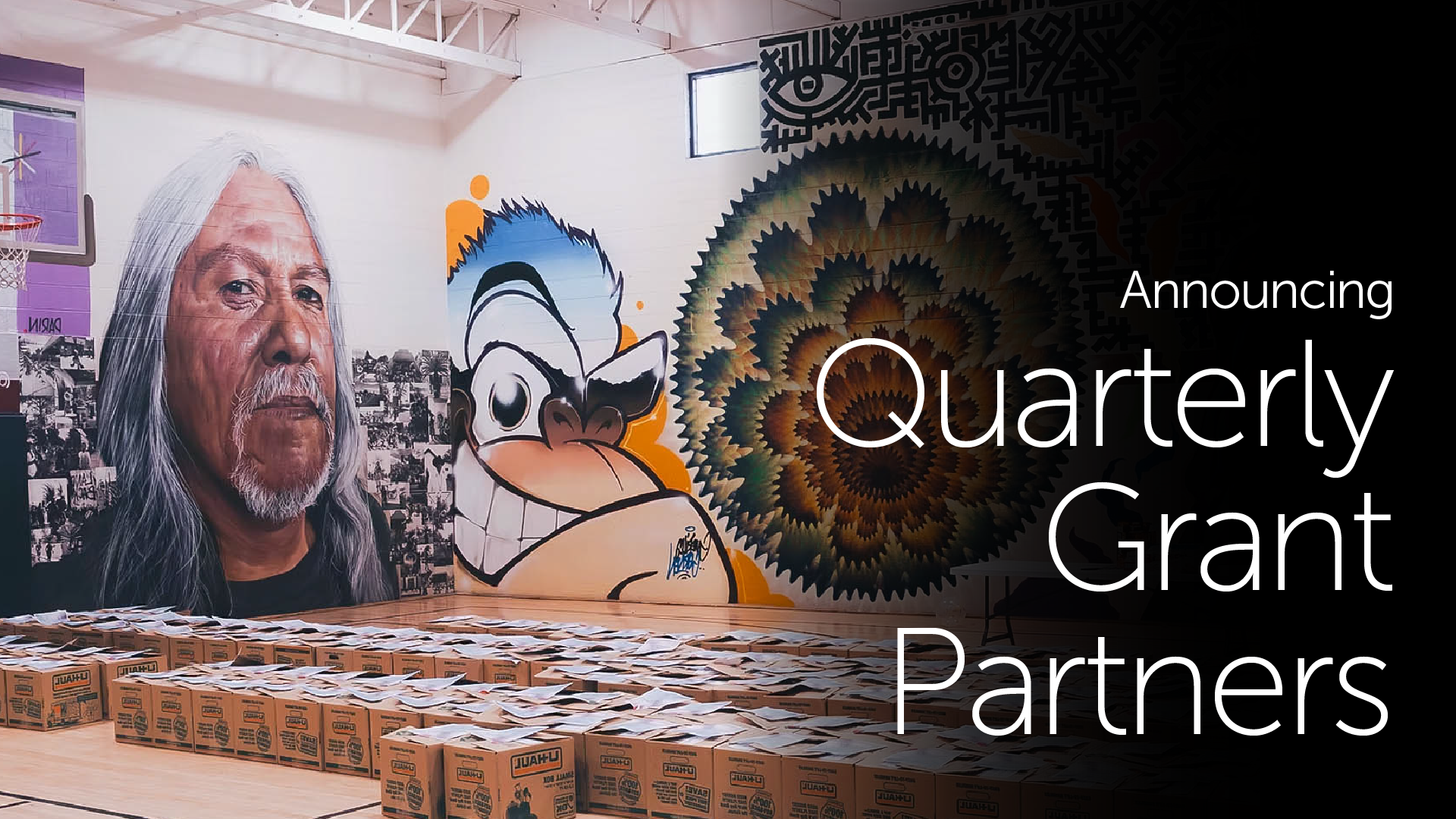

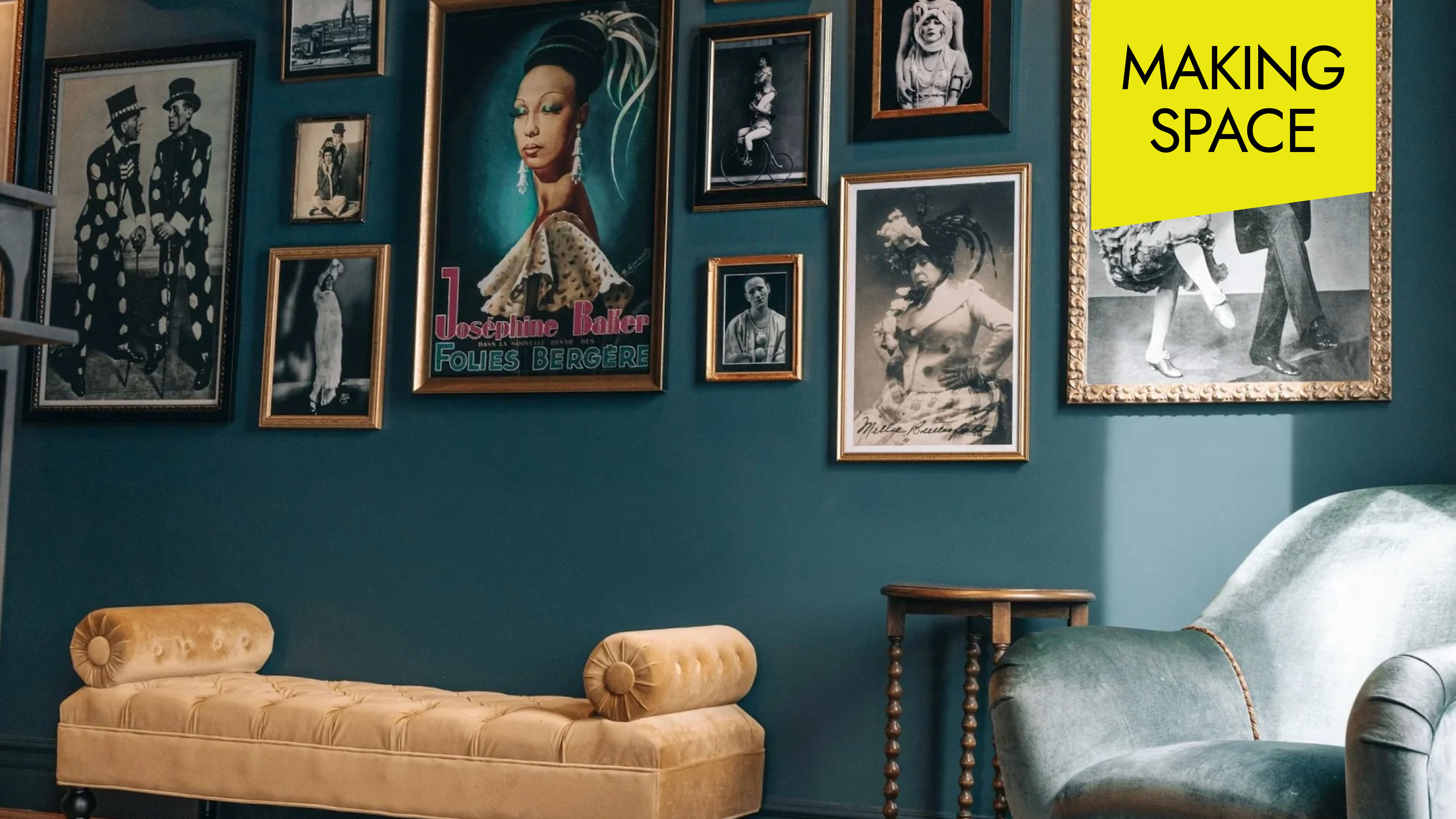
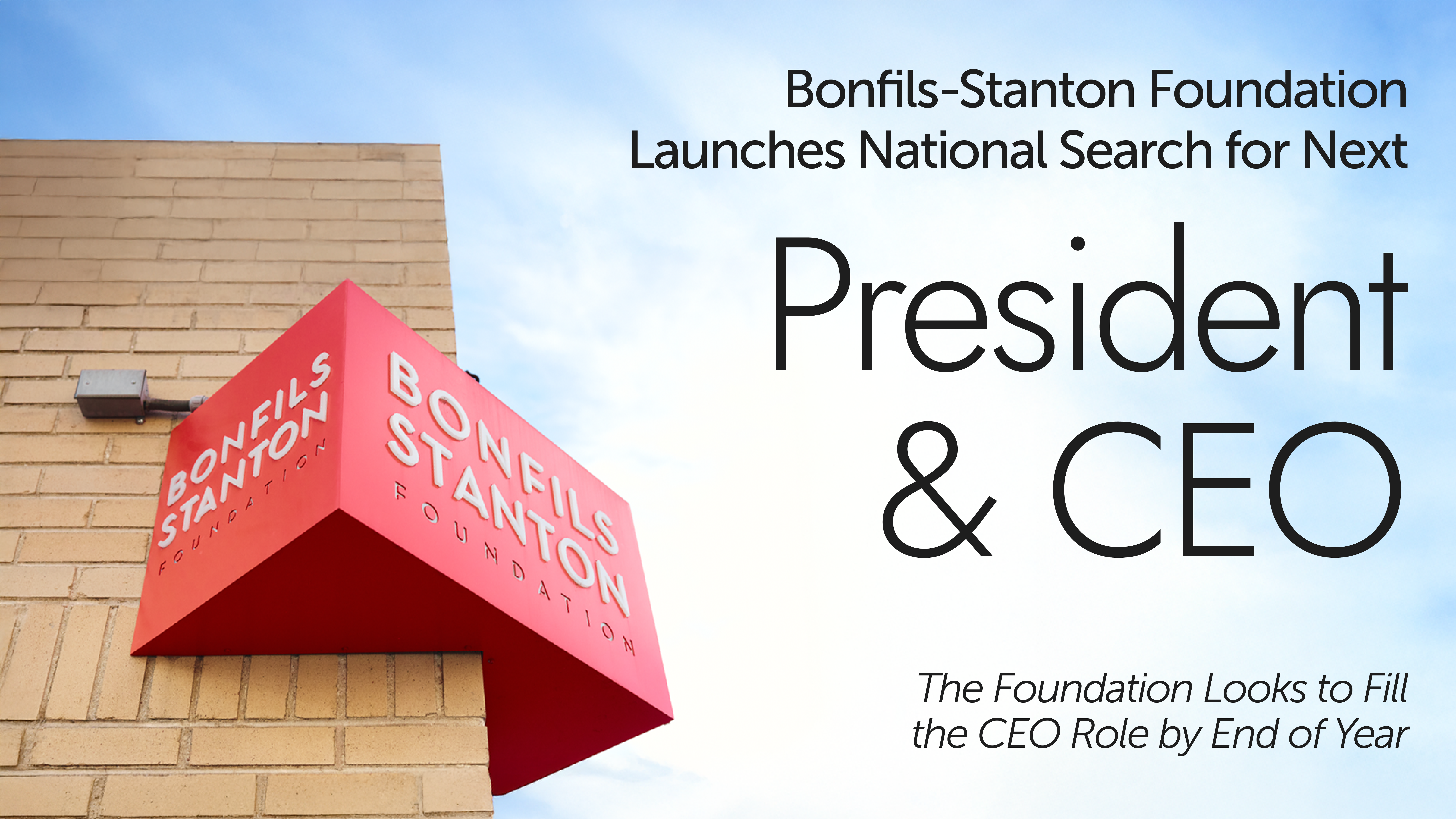

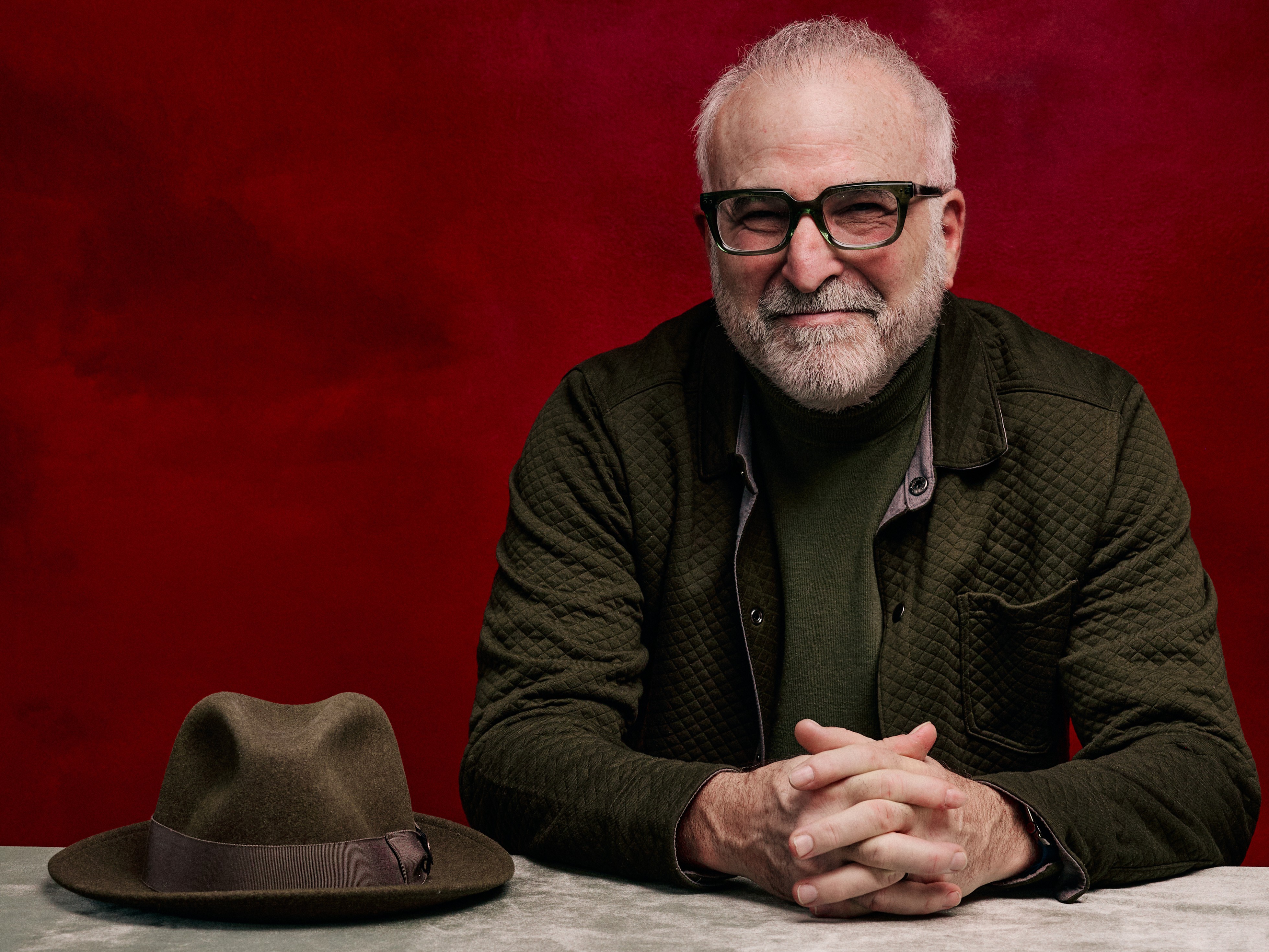

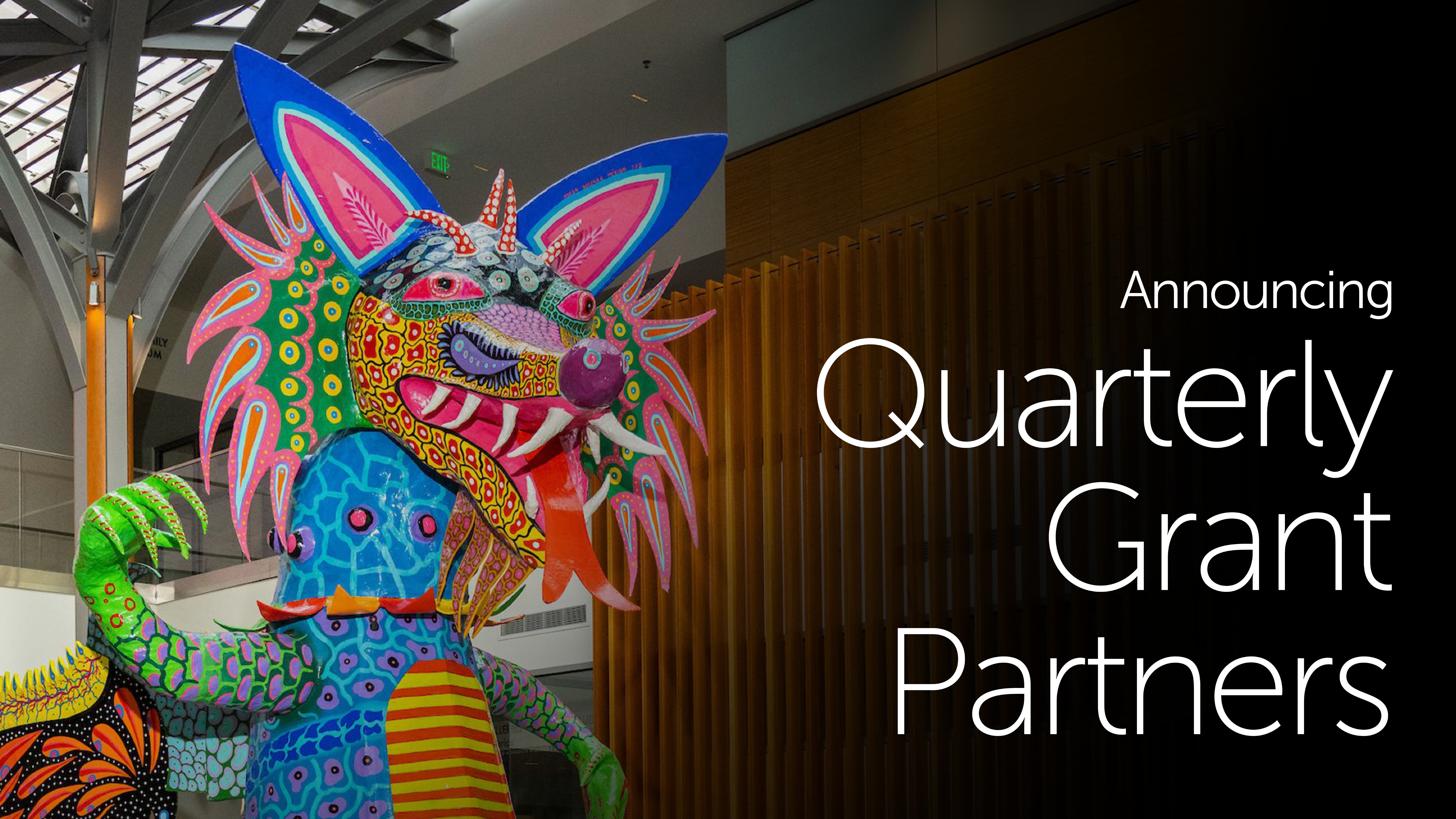
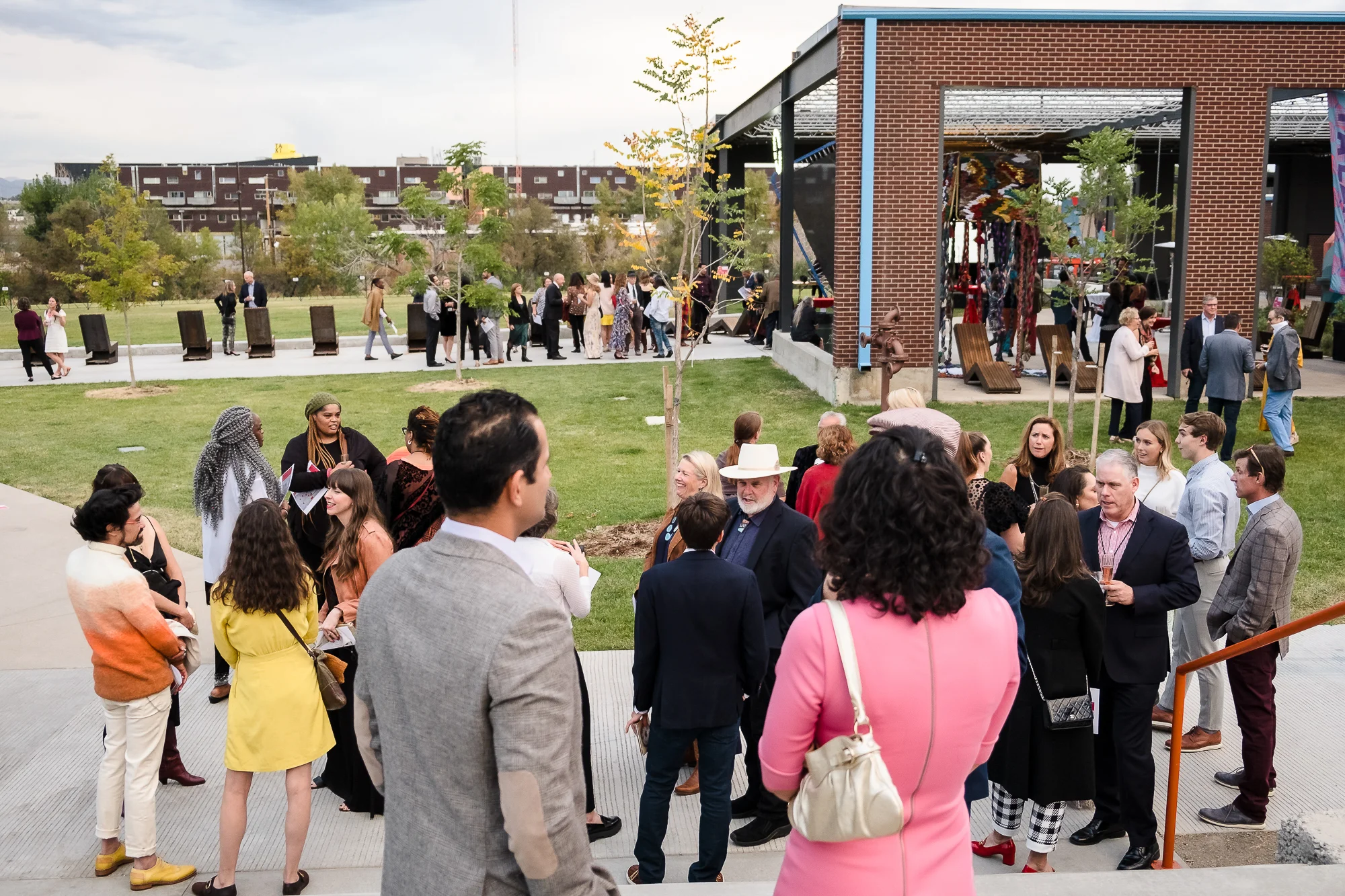
.png)








.png)











.jpg)
.png)







